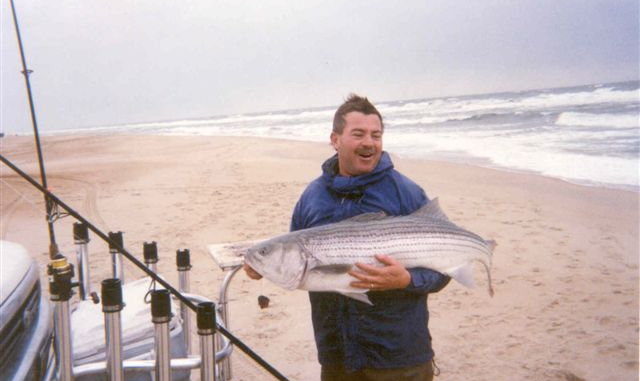
RALEIGH – A federal hearing has been scheduled regarding a proposed law to reduce beach-driving closures, put in place allegedly to protect endangered birds and turtles at Cape Hatteras National Seashore beaches.
Rep. Walter Jones, R-N.C., said a hearing would be held Sept. 11 by the House Subcommittee on National Parks, Forests and Public Lands. Jones has introduced a bill to return the seashore to a previous management plan that was struck down after environmentalists sued the National Park Service. Environmental groups said the older rules didn’t do enough to protect endangered species.
However, no birds nesting at the beach were listed as endangered. Piping plovers, which nest at the N.C. Outer Banks, are listed as threatened. No national park until now has had areas closed to protect threatened species.
According to the consent decree forced upon the angling community and tourists last April, the Park Service must restrict driving at beaches by operators of off-road vehicles (the normal mode of transportation for N.C. surf anglers) starting Sept. 15, when baby sea turtles begin to hatch and make their way toward the ocean from buried nests in the dune lines.
Turtle nests that hatch eggs, with small turtles crawling toward the ocean, would force the closure of beach driving to ORVs across “crawl lines,” not allowing vehicles to pass through baby turtles paths to the water. Until recently, ORVs were banned from CAHA beaches at night, a favorite fall time to fish for big red drum. In their suit, environmentalists claimed the turtles became disoriented by ORV headlights. The Park Service now has offered free permits for night driving that include a set of rules beach drivers must follow that mandates minimal use of ORV headlights.
The seashore operated this spring and summer under more restrictive rules that limited access to many traditional fishing spots, including Cape Point, prompting many complaints from local businesses and anglers.



Be the first to comment